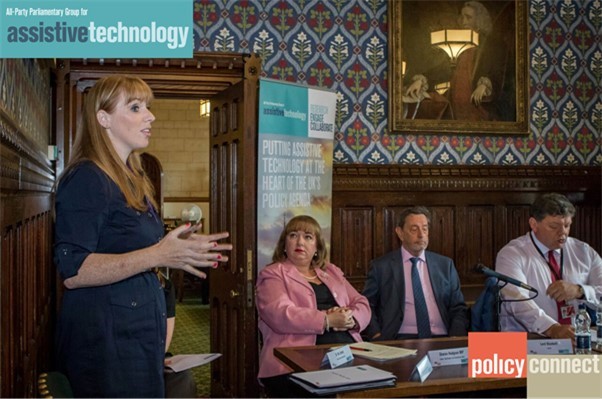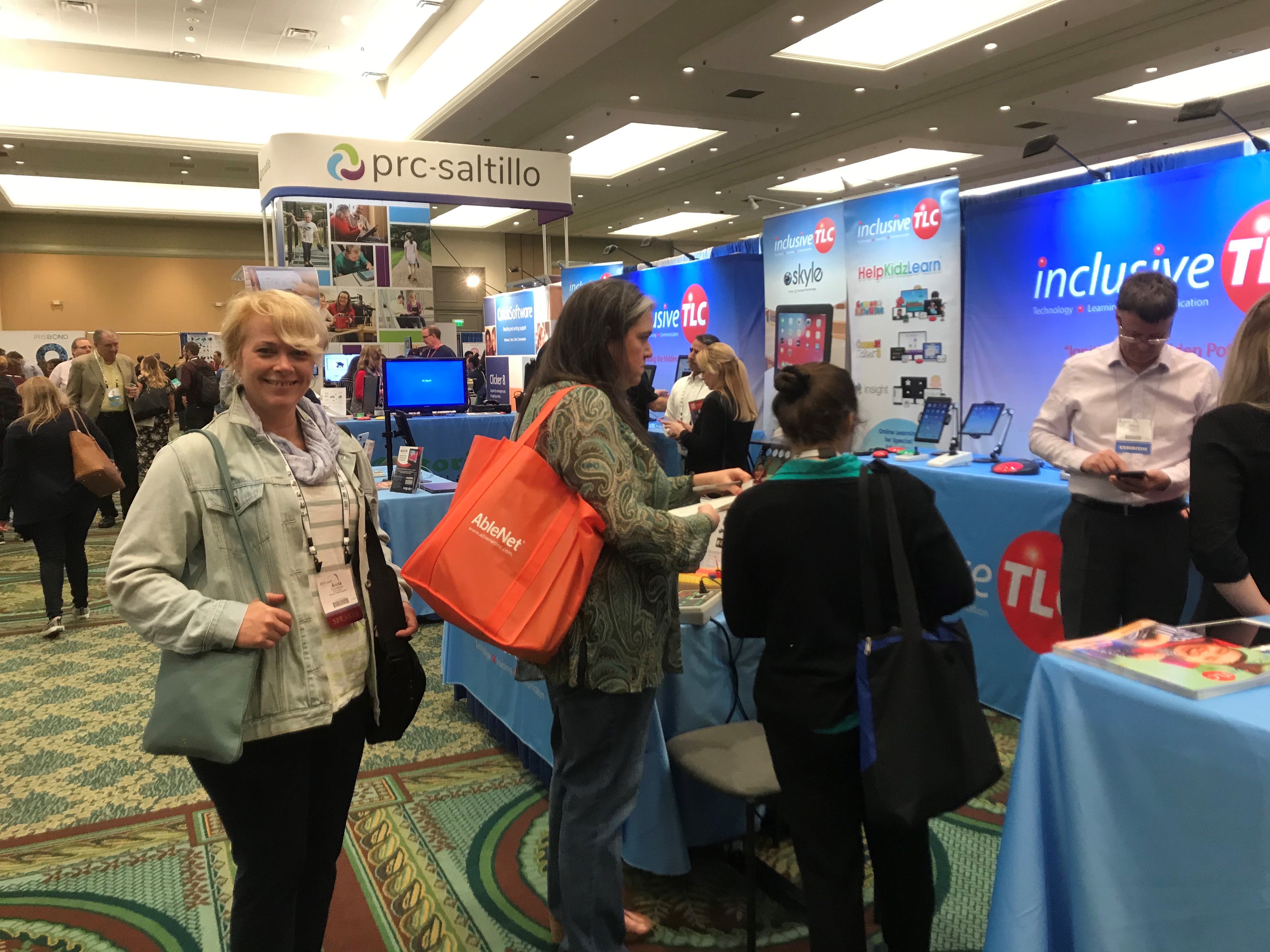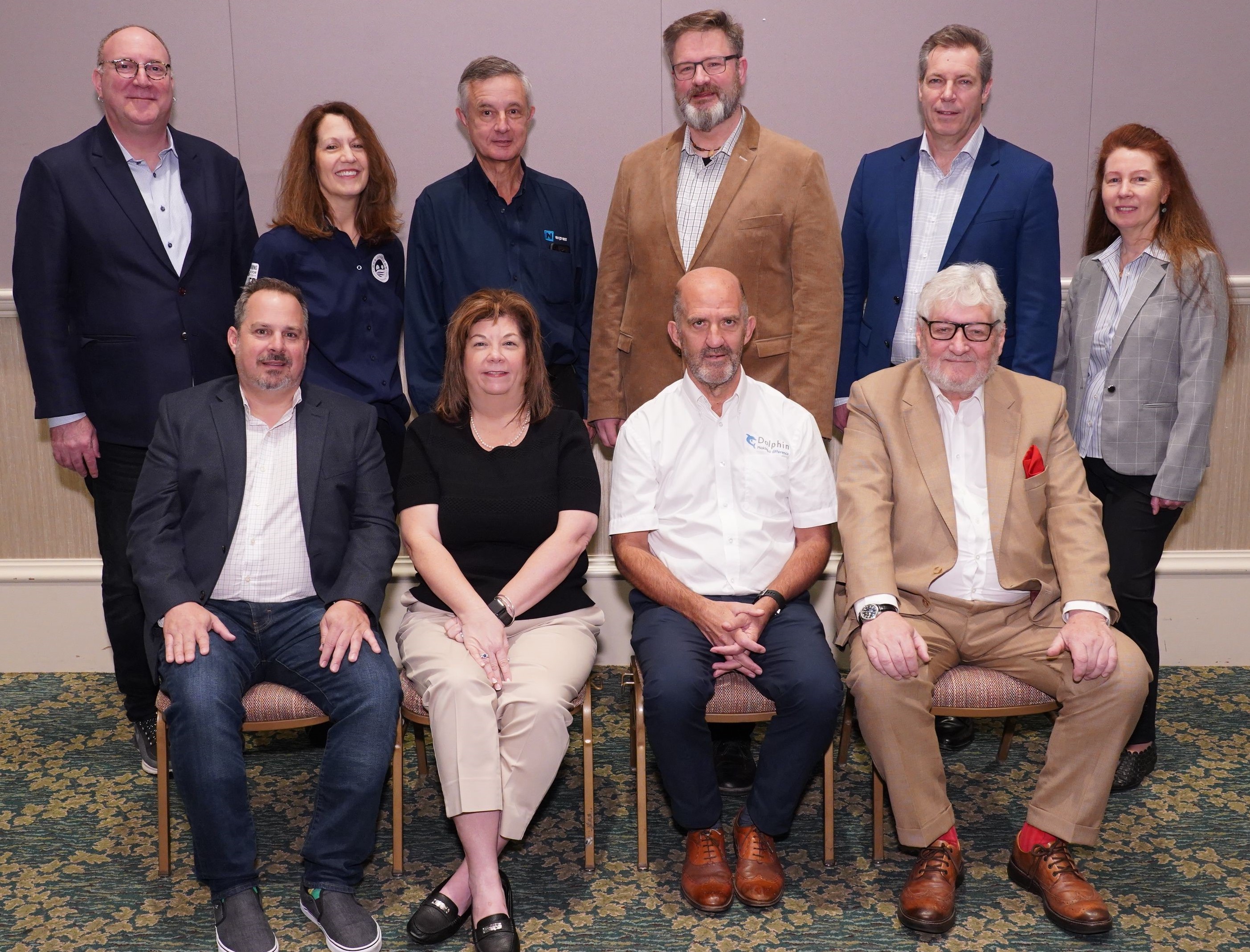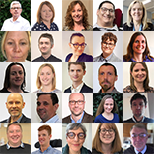Whatever the reasons are for the profile of AT rising in our World, I am delighted it is and I want to get within this momentum to help push it forward. So, the privilege of being announced as the first British AT Scholar at last year’s Communication Matters’ AAC Awards has been, for me, an aligning of the stars. I have worked in the field of AT / AAC since the early 1990’s first as a teacher of children with severe and complex learning disabilities and ever since then as the Head of ACE/Access Centre.. Ace Centre-North.. now Ace Centre, which is a national charity providing AT and AAC assessment, training, information and equipment management services. During this time, I have seen many AAC / AT-related national initiatives come and (some) go, such as..
• The DfE-funded SEMERCs (Special Education Micro-Electronic Resource Centres) that led to the creation of the award-winning and massively influential SEND ICT company, Inclusive Technology
• Blue File software that was open source, created by and for teachers of children with SEND and which led to the development of access devices that are still in use in schools today
• NOF / TTA ICT Training for Teachers of children with severe and complex needs Programme, which ran from 1999 to 2003 and was hailed as the most successful part of the whole £230 million NOF/TTA initiative
• CAP – The DfE-funded Communication Aids Project that ran from 2002 – 2006 and provided assessments and equipment for children with verbal and written communication needs. This made a huge impact on the use of AT and AAC in schools and – during its time - increased the professional development and knowledge of the education workforce… until it ended and there was no sustainability built into the project to manage this.
• The DH and DfE-commissioned 2007 Bercow Review of Services for Children and Young People with SLCN that placed a spotlight on the lack of skills, knowledge and funding for Augmentative and Alternative Communication across the country
• The DfE and DH response to the Bercow Review: “Better Communication Action Plan” that supported the role I took on as National AAC Coordinator in support of the work of the former Communication Champion that informed on the decision by NHS England to commission specialised AAC services with an annual recurrent budget of £15 million for AAC equipment and services
• The 2009 £240 million Home Access Project that provided technology to support socially disadvantaged children and young people’s learning out of school, of which a significant number needed AT to support their access to the equipment provided
• The 2014 announcement of commitment by NHS England to directly commission national specialised AAC services across their ten specialised commissioning regions.
We must learn the lessons of history, which from my perspective are that there is a need for ongoing professional development opportunities about what AT is available and who can benefit from it, improved AT equipment procurement and management and evidence of the impact of AT on learning, independent living and quality of life.









